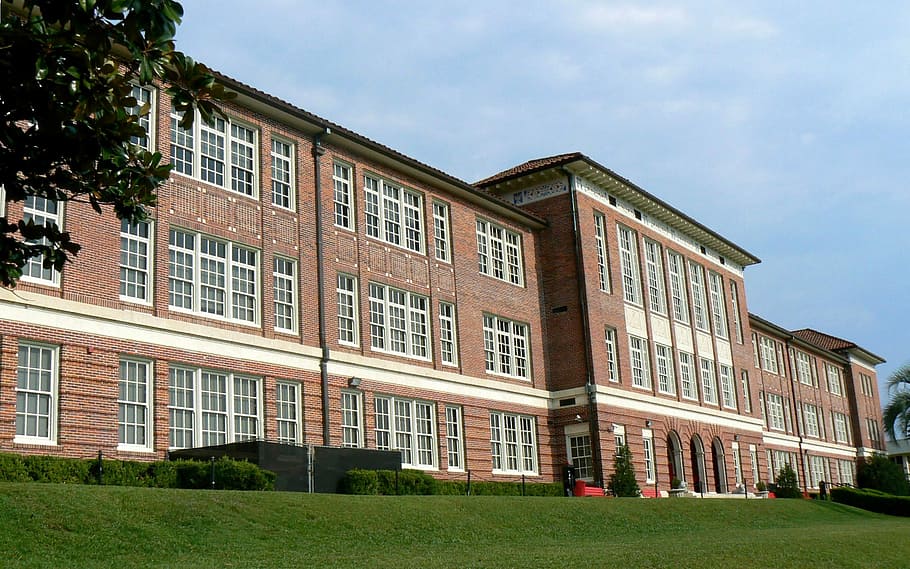Cape Town is a city known for its cultural diversity and rich heritage. High schools in Cape Town embrace this diversity, becoming vibrant cultural hubs that celebrate different backgrounds, traditions, and perspectives. In this article, we will delve into how high schools in Cape Town foster an inclusive environment, promote cultural understanding, and provide students with a unique opportunity to embrace diversity.
A Melting Pot of Cultures:
High schools in Cape Town boast student populations from diverse cultural backgrounds. Students have the opportunity to interact with peers from various ethnicities, religions, and nationalities.
This multicultural environment encourages students to appreciate and respect different cultures, traditions, and perspectives the best schools cape town. It broadens their horizons, enhances their cultural intelligence, and fosters a sense of global citizenship.
Cultural Exchange Programs:
Many high schools in Cape Town organize cultural exchange programs that allow students to immerse themselves in different cultures. These programs may involve partnering with schools from other countries or organizing events where students can showcase their cultural heritage.
These experiences foster cross-cultural understanding, break down stereotypes, and promote tolerance and empathy among students.
Language Programs:
Cape Town high schools recognize the importance of language as a tool for cultural understanding. They offer language programs that allow students to learn languages beyond the standard curriculum.
Whether it’s Afrikaans, Xhosa, Mandarin, or French, these language programs provide students with the opportunity to explore different linguistic and cultural landscapes. Language learning also promotes cognitive development and opens doors to diverse career opportunities.
Multicultural Events and Celebrations:
High schools in Cape Town organize multicultural events and celebrations throughout the academic year. These events may include cultural festivals, international food fairs, music and dance performances, or art exhibitions.
Such events allow students to showcase their cultural heritage, learn about other cultures, and promote a sense of unity and appreciation for diversity within the school community.
Inclusive Policies and Support Systems:
Cape Town high schools prioritize creating inclusive policies and support systems that ensure students from all backgrounds feel welcome and valued.
This includes providing access to resources and support for students with different cultural needs, accommodating religious observances, and fostering an environment where diversity is celebrated and respected. By prioritizing inclusivity, these schools create a safe and supportive space for all students to thrive academically and socially.
Conclusion:
High schools in Cape Town play a pivotal role as cultural hubs, embracing the city’s diversity and fostering an inclusive environment for students. By celebrating different cultures, promoting cultural exchange programs, offering language programs, organizing multicultural events, and implementing inclusive policies, these schools create a rich tapestry of experiences that prepare students to thrive in a globalized world.
The multicultural environment of Cape Town high schools offers students a unique opportunity to learn from one another, appreciate diversity, and become culturally aware and empathetic individuals.

